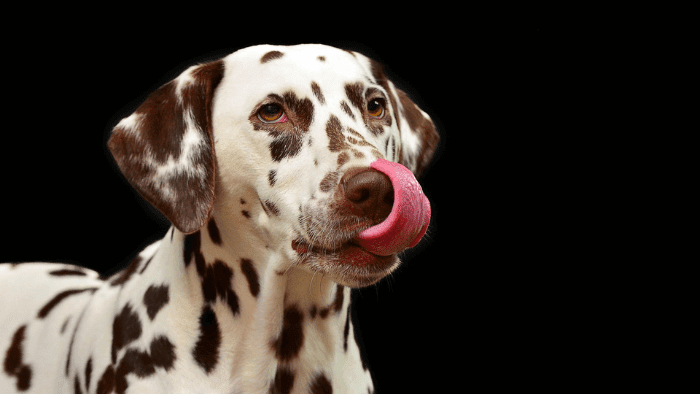In your opinion, what is the best kind of dog food?
There is no one best kind of dog food that is suitable for every dog. The best food for a dog depends on a number of factors, including the dog's age, size, breed, activity level, and any health issues they may have. In general, it is a good idea to choose a high-quality dog food that is appropriate for the dog's life stage (puppy, adult, or senior) and formulated to meet their nutritional needs. It is also important to select a food that is made with good-quality ingredients and does not contain any low-quality fillers or potentially harmful additives. It is always a good idea to consult with a veterinarian or a pet nutritionist when selecting a food for your dog to ensure that you are making the best choice for your pet's needs.
What are some vital dog training tips?
Here are a few dog training tips that can help you get started:
Start training as early as possible. It is easier to teach a puppy good habits from the start than it is to try to change bad habits later on.
Use positive reinforcement. Reward your dog for good behavior with treats, praise, and affection. Avoid using punishment, as it can be confusing for the dog and may cause them to become fearful or aggressive.
Be consistent. Use the same commands, rewards, and consequences every time. This will help your dog understand what is expected of them.
Use short training sessions. Dogs have short attention spans, so keep training sessions short and focused. This will help keep your dog engaged and make it more likely that they will retain what they have learned.
Be patient. Training a dog takes time and patience. Don't get discouraged if your dog doesn't seem to be making progress. Keep at it and they will eventually get it.
Seek help if needed. If you are having difficulty training your dog, don't be afraid to seek help from a professional dog trainer or behaviorist. They can provide you with valuable insights and techniques to help you and your dog succeed.
Which breed of dogs is the most intelligent in the world?
There is no one breed of dog that is universally considered the most intelligent. Different breeds have been selectively bred for different purposes, and this has led to a wide range of cognitive abilities among different breeds. Some breeds are known for their trainability and problem-solving skills, while others excel in tasks that require agility, speed, or endurance.
Here are a few breeds that are often considered to be highly intelligent:
- Border Collie: This breed is known for its exceptional intelligence and trainability. They excel in obedience and agility trials and are often used as working dogs on farms.
- Poodle: This breed is known for its high level of intelligence and problem-solving abilities. They are often used as service dogs and excel in obedience and agility competitions.
- German Shepherd: This breed is known for its intelligence and trainability. They are often used as police dogs, search and rescue dogs, and service dogs.
- Golden Retriever: This breed is known for its intelligence and trainability. They are often used as therapy dogs and make excellent family pets.
- Doberman Pinscher: This breed is known for its intelligence and trainability. They are often used as guard dogs and excel in obedience and protection sports.
- It is important to note that intelligence is not the only factor to consider when choosing a dog. Other important factors to consider include the dog's energy level, size, and temperament.
Can dogs smell cancer?
There is some evidence to suggest that dogs may be able to detect cancer through their sense of smell. Dogs have an incredible sense of smell and are able to detect and identify odors that are not perceptible to humans. This ability has been used in a variety of applications, including detecting illicit drugs and explosives, searching for missing persons, and detecting early stage cancers.
Studies have shown that dogs can be trained to detect the presence of certain types of cancer by smelling samples of breath, urine, or skin. In one study, a dog was able to accurately detect breast cancer in a group of women with an accuracy rate of over 90%. Other studies have found that dogs may be able to detect prostate, ovarian, and lung cancers through smell.
It is important to note that more research is needed to fully understand the ability of dogs to detect cancer and to determine the best ways to use this ability to benefit human health. However, the results of these studies are promising and suggest that dogs may be able to play a role in the early detection and diagnosis of cancer.



0 Comments: